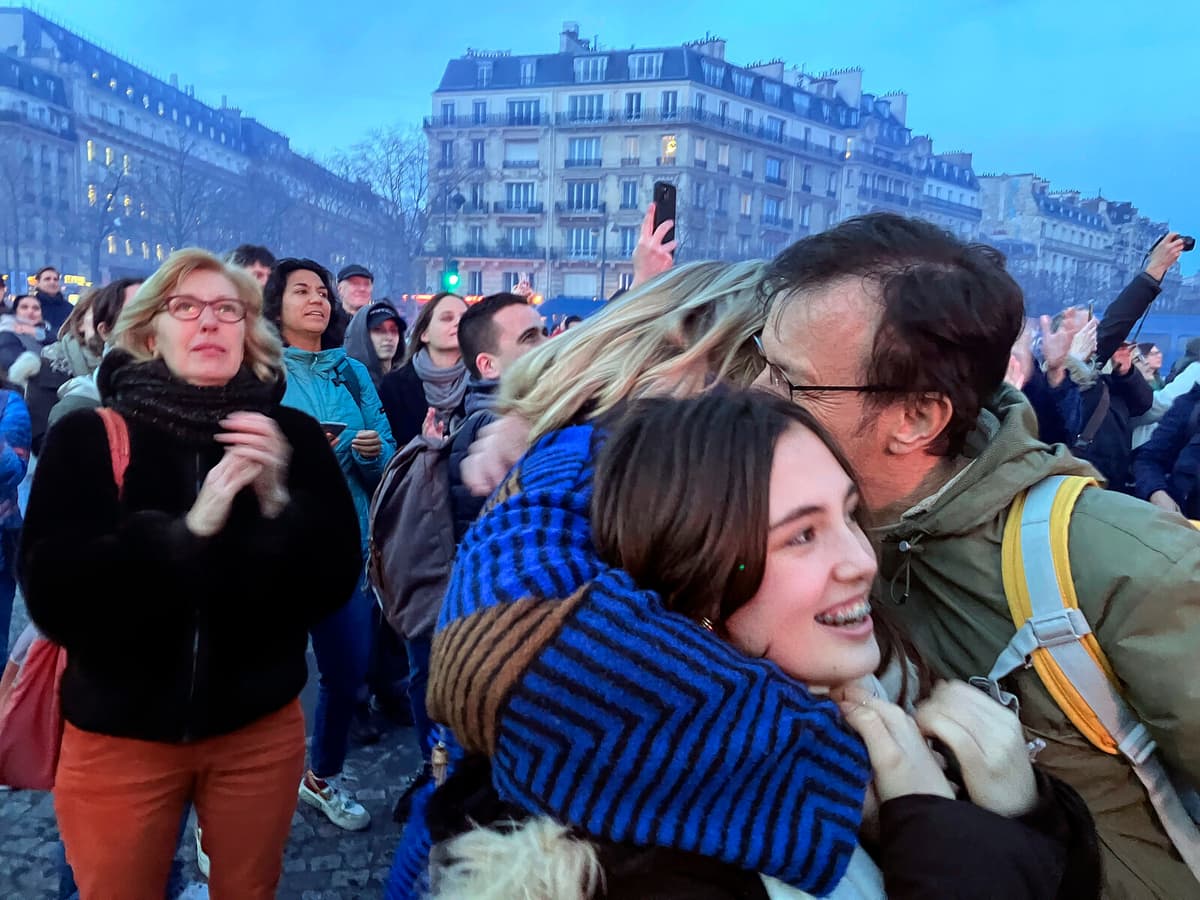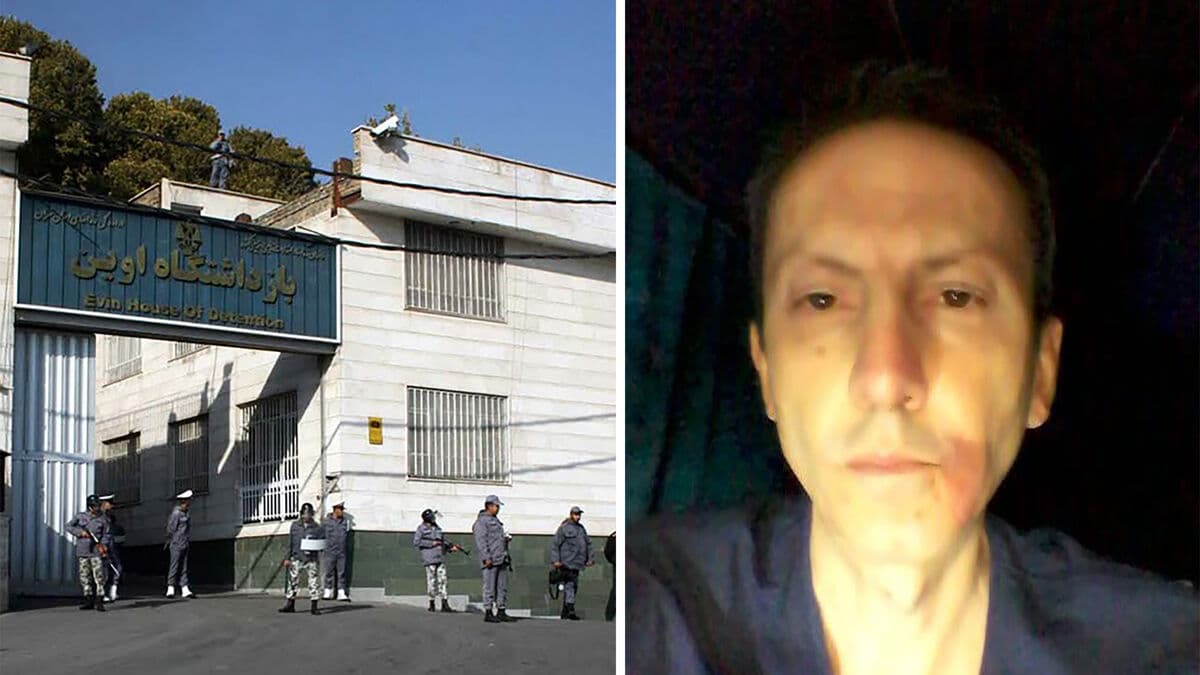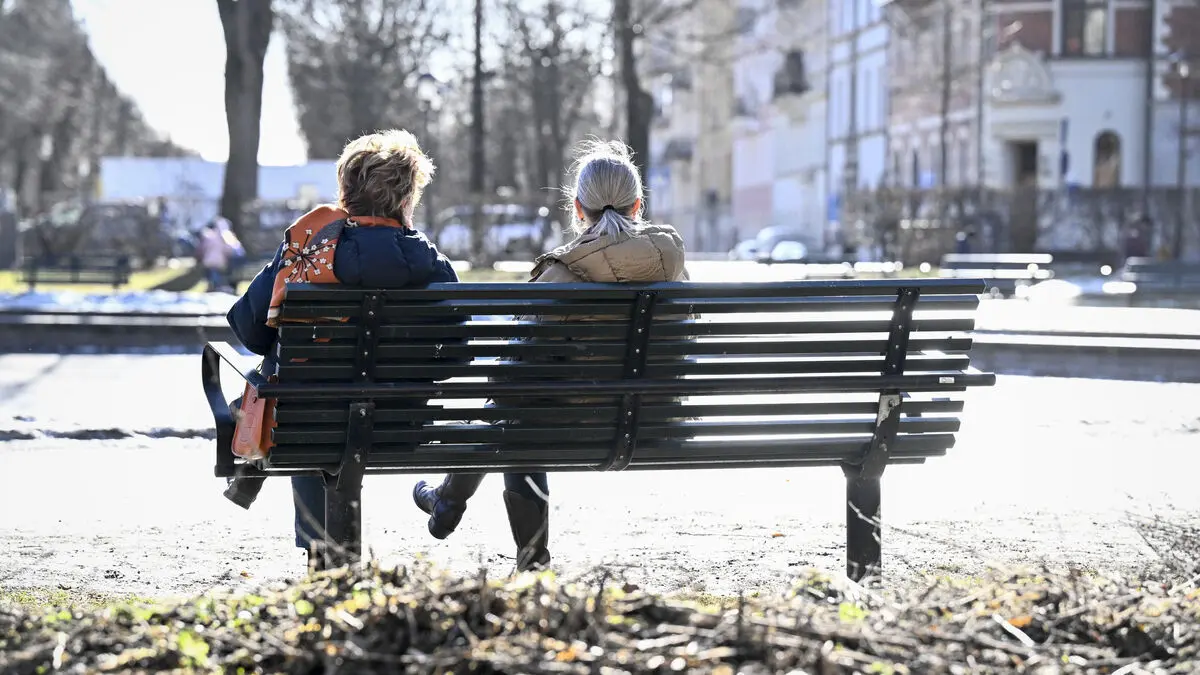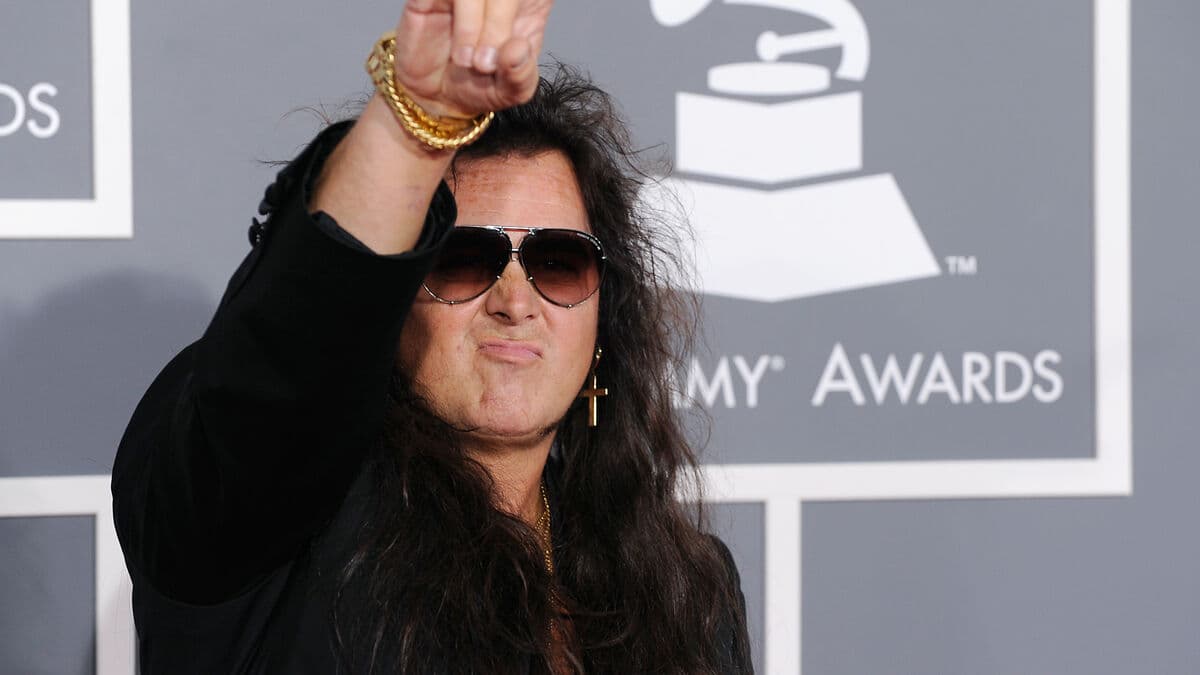1. Large predators are recovering
The number of leopards and Siberian tigers is steadily increasing in China. The increase is a result of diligent efforts to save the threatened species, including the creation of a new national park dedicated to the large predators.
As a result, a record number of tiger and leopard cubs are now being born in northeastern China, according to the Wildcats Conservation Alliance.
The devastating effects of years of hunting and urbanization seem to be on the way to being mitigated.
.
2. Alzheimer's medication raises hope
The European Medicines Agency (EMA) approved the sale of the medication lecanemab for the treatment of certain Alzheimer's patients in November.
Thus, the EMA made a complete turnaround from its previous decision last summer, when the medication was rejected.
In Alzheimer's, plaques in the form of the protein beta-amyloid accumulate in the brain. Lecanemab has been long-awaited because it consists of antibodies that specifically target the protein, unlike current medications.
.
3. Lost cities in the Amazon rediscovered
With the help of new technology, archaeologists discovered a entire network of lost cities in the Amazon rainforest in January.
In the settlements near the Andes, the Upano people lived between 500 BCE and 300 to 600 CE. According to archaeologists, the area is believed to have been home to at least 10,000 people, possibly as many as 30,000.
It was a lost valley of cities. It's incredible, said archaeologist Stéphen Rostain to AP.
.
4. Human rights activists released from Putin's prisons
"Surrealistic". That's how Kremlin critic Vladimir Kara-Murza described the feeling after being released from prison in Russia in August, where he was serving a 25-year sentence for treason after condemning the Russian invasion of Ukraine.
Also among those released in the historic prisoner exchange were American journalist Evan Gershkovich, Russian human rights activist Oleg Orlov, and opposition politician Ilya Yashin.
The exchange was criticized in some quarters. Observers believe that the so-called hostage diplomacy encourages countries to detain innocent people to use them as bargaining chips.
.
5. Increased LGBTQ+ rights – possibly soon in Poland too
Poland's government has proposed a bill on registered partnerships that will also apply to same-sex couples – a long-awaited and historic step in a country where Catholic traditions have strong support.
This is a new chapter in the long march towards equality, said Equality Minister Katarzyna Kotula according to AFP.
The bill still needs to be approved by parliament and the conservative President Andrzej Duda.
In Latvia, Greece, Namibia, Thailand, and South Korea, same-sex couples have also gained increased rights over the past year.
.
6. World premiere for lung cancer vaccine
In August, the world's first vaccine against lung cancer began to be tested on patients. The Phase 1 study – the first to be conducted on humans with the BNT116 vaccine – is being carried out in seven countries.
The vaccine, an mRNA vaccine, instructs the body to hunt and kill cancer cells and prevent them from coming back. Unlike chemotherapy, healthy cells are left untouched, thereby strengthening the person's immune system.
I believe it will help me – and help others if the vaccine starts being produced faster, said 67-year-old Janusz Racz, who was first in line in the UK, to Sky News.
.
7. Historic spacewalk succeeded
Two astronauts made history in September as the first to perform a spacewalk in private spaceflight.
The epoch-making spacewalk took place at an altitude of 600 kilometers. Two astronauts on the Polaris Dawn charter flight were able to leave the capsule and admire the panoramic view of the Earth.
But wonderful is short-lived – they held onto a small railing the whole time, and kept their feet in the "doorway".
The expedition also set a record, with Americans Sarah Gillis and Anna Menon becoming the women who have traveled farthest from Earth.
.
8. Strengthened abortion rights in US states – and in France
In several American states, voters approved constitutional amendments to protect abortion rights in conjunction with the presidential election in November.
In Colorado, Missouri, Nevada, Maryland, New York, Montana, and Arizona, voters approved expanded constitutional protection for abortion rights. In Arizona, where abortion was previously banned from week 15, abortion is now allowed until the fetus is deemed viable.
Abortion rights were also strengthened in France, which in March became the first country in the world to enshrine the right to abortion in its constitution.
.
9. Indigenous peoples get more say
A permanent body has been established to represent the interests of indigenous peoples and local communities within the UN Convention on Biological Diversity.
The historic decision at the UN meeting COP16 in Colombia means that parties commit to ensuring that indigenous peoples and local communities are included in the work to protect and preserve biodiversity.
The knowledge of indigenous peoples will thus be incorporated into the global agenda, according to the decision at the meeting.






